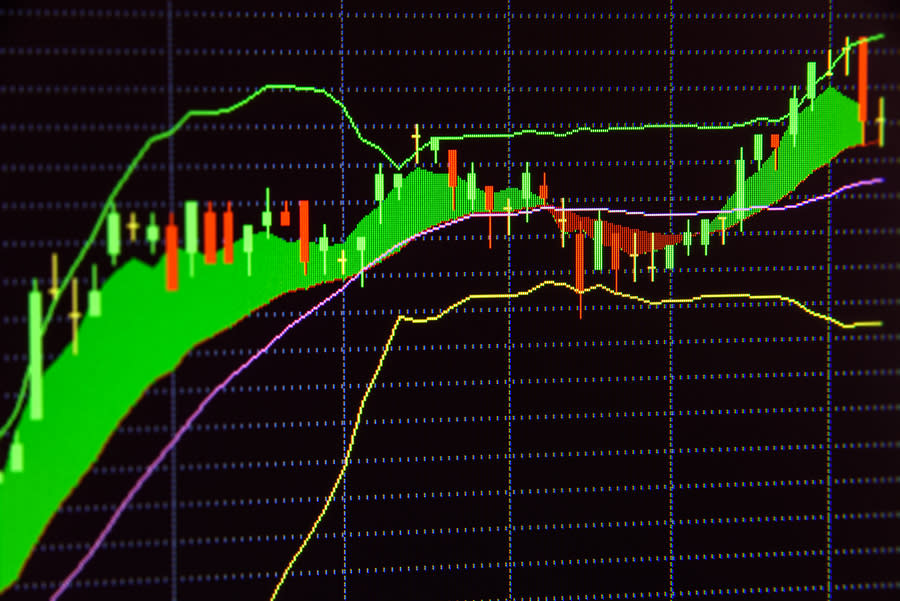How Trading Your Own Retirement Can Fleece Your Financial Future - February 07, 2020

Maybe you're a seasoned investor and have a good track record with stock-picking. And you may have a robust retirement portfolio - perhaps including some Zacks Top Retirement stock selections such as:
OceanFirst Financial (OCFC), Brinker International (EAT) and Bristol-Myers Squibb (BMY).
If this sounds like you, then here's a question: With your background and skills, should you manage your own retirement investments?
Perhaps ...if you're the "one in a million" investor who can expertly manage risk and maintain unflinching emotional control in volatile markets. But for most, there may be better strategies to achieve long-term retirement investing goals.
Active stock trading requires a very different investing approach and risk - reward mindset than investing for retirement.
Diversification vs. Stock Picking
While stock picking can potentially generate outsized returns, its excessive concentrated risk can present huge perils for retirement investors.
A study done by Hendrik Bessembinder of equity markets spanning nine decades revealed that only 4% of the best-performing U.S.stocks produced all the market's increases. The rest were flat - the gains of the following 38% were offset by the losses of the bottom 58%.
For even the most talented stock pickers, the odds for long-term success are slim.
Is Successful Investing a Mind Game?
Most people think they can make rational investment decisions, but research indicates the opposite is often true. Investors followed in a DALBAR study performed significantly worse than the S&P 500: For the 30 years between 1986 to 2015, the average investor earned just 3.66%, whereas the S&P 500 produced a 10.35% return.
It is interesting to note that the period covered by this study includes the 1987 crash, the 2000 bear market, and the Great Recession of 2008, as well as the bull market of the 1990s.
An important takeaway of this study is that investors seem to underperform because they try to time volatile markets ...and irrational, emotional responses tend to these investing mistakes.
Curiously, even experienced traders tend to underperform since they can't resist the emotional urge to make impulsive investment choices. They might be overly self-assured and miscalculate risk, get attached to a price target, or perceive a pattern that does not exist. This behavioral fallacy, over the long-term, can be disastrous with potential underperformance of a huge number of dollars disrupting your retirement.
The Key Takeaway for Retirement Investors
Your retirement portfolio ought to be dealt with a technique of performance over decades - not days, weeks or quarters. Most self-coordinated investors will in general miss the mark with regards to long-term outcomes.
Does that mean you should quit trading? Not really. One plan is to take 10% of your investable resources and trade to create alpha and look for outsized returns.
But the bulk of your wealth - those assets earmarked for retirement - should be invested using a more measured, conservative, risk management approach to generate steady, compounded returns so you can safely reach your retirement goals.
Do You Know the Top 9 Retirement Investing Mistakes?
Whether you're planning to retire early or not, don't let investing mistakes derail your plans.
If you have $500,000 or more to invest and want to learn more, click the link to download our free report, 9 Retirement Mistakes that will Ruin Your Retirement.
This report will help you steer clear of the most common mistakes, like trying to time the market, lack of diversification in your portfolio, and many more. Get Your FREE Guide Now
OceanFirst Financial Corp. (OCFC) : Free Stock Analysis Report
Bristol-Myers Squibb Company (BMY) : Free Stock Analysis Report
Brinker International, Inc. (EAT) : Free Stock Analysis Report
To read this article on Zacks.com click here.
Zacks Investment Research
